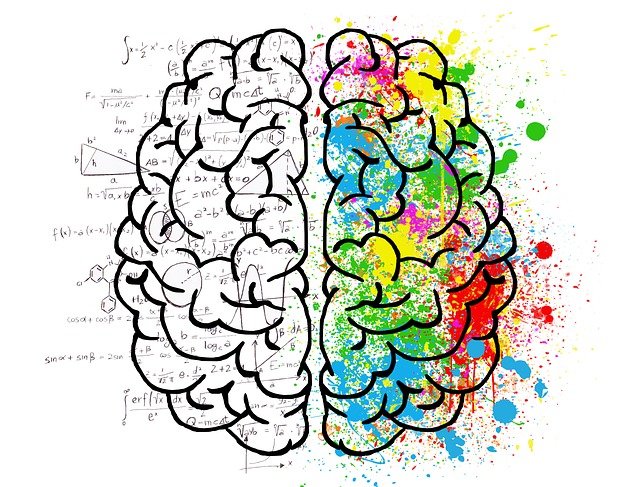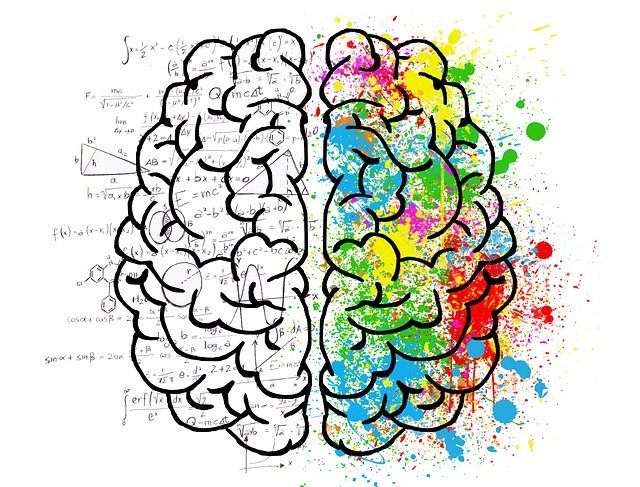
What sugar does to our brains has us thinking anything but sweet thoughts. Our brains need sugar, or more specifically glucose, to operate and fuel itself. Sugar is an umbrella term and can mean a lot of different carbohydrates, with glucose and fructose as the main ones. When we eat sugar, our taste buds are quite literally jolted, and an electrical message is sent to our cerebral cortexes. That message in our cerebral cortex lights up our brain’s reward center like a firework, realizing a steady drip of dopamine and overwhelming us with a sense of joy and satisfaction. Heroin has the same exact effect on us.
Neuroscientist Nicole Avena lays it all out in her Ted Talk on sugar and its effects on our brains. Sugar has an addictive quality to it, and even a little added amount to our brain can hinder our cognitive function and self-control. Dr. Joel Fuhrman also suggests that overconsumption of sugar can inflame the brain and potentially lead to memory loss, in addition to overproduction of insulin, heighten anxiety, and weight gain. Unlike balanced, nutritious meals, the pleasure we get from sugar doesn’t depreciate the more we consume it.
Think Positive
Sugar is a drug, and we must remember that. The solution, like with all addiction, is to ween off the substance slowly and methodically. Sugar alternatives, like fruit and artificial sweeteners can help us do that. Being aware of the effects of sugar is also half the battle. Knowing what it does to us helps us better understand how to stop it from taking over our bodies. Now that we understand how addictive it is as a substance, we can take measures to lower our consumption of it. Make better choices at the grocery store, balance your nutrition out, and if you are going to consume sugar make sure you do so in moderation.
The Council for Retirement Security Blog informs on the effects of sugar, in efforts to help people live their best retirements as possible.
For more information on sugar and how it affects us, please follow the Council’s blog, as well as on Twitter and Facebook.
